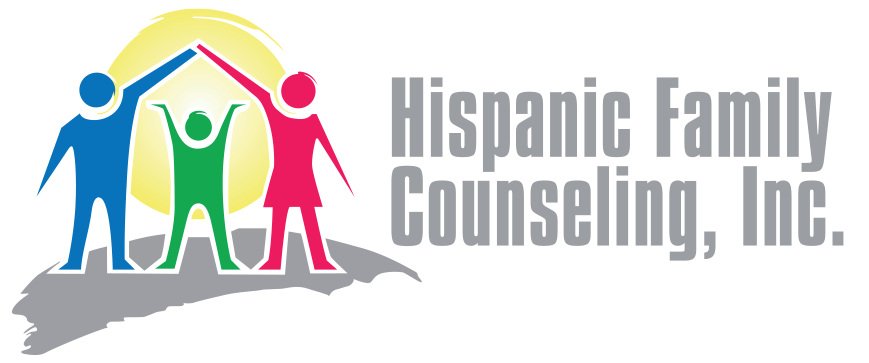Caring for the Mind, Honoring the Roots: A Hispanic Heritage of Healing and Resilience
October is a month of reflection — of honoring history, culture, and the wisdom that has been passed down through generations. As we celebrate Hispanic Heritage, it’s also an opportunity to talk openly about mental health in our communities: how we heal, how we resist, and how we care for ourselves.
Embracing Cultural Strength and Mental Wellness
In many Hispanic communities, familismo (the value placed on family), respect for elders, and collective identity are deeply woven into daily life. These traditions bring tremendous strength — a sense of belonging, purpose, and support — which are protective factors for mental health. Studies show that strong social support can buffer stress and reduce rates of depression and anxiety. (American Psychological Association, 2021)
But cultural stigma around mental health still exists: fears of being judged, “weak,” or misunderstood may prevent many from seeking help. Part of honoring our roots is reclaiming the right to mental well-being — to say “I need care” is not a betrayal of strength but an act of courage.
What the Science Tells Us
Prevalence and access gaps: Research indicates that Hispanic adults in the U.S. are less likely to receive mental health services compared to non-Hispanic whites, often due to barriers like language, insurance, or cultural mistrust.
Culturally responsive care matters: When therapy is offered in one’s native language and in a context that respects cultural values, outcomes improve — patients stay in therapy longer and report better satisfaction.
Trauma and generational stress: Many in our communities carry the weight of migration, discrimination, economic pressure, or family separation. These cumulative stresses can shape brain function, hormonal systems, and emotional resilience. But the good news: with support, the brain remains plastic — capable of healing, reorganization, and growth.
Steps to Care for Mind & Heritage Together
Normalize conversations around mental health
Share stories. Ask, “How are you really doing?” Let it be okay to say “I’m struggling.”Seek culturally competent care
Find clinicians who understand your cultural background — who see your identity as part of your healing, not something to “fix.”Reconnect with ancestral healing and balance
Whether through music, prayer, storytelling, or nature, these practices can ground us. Use them alongside modern therapy.Practice small acts of self-care daily
Pause to breathe. Walk. Journal. Reach out to a friend. These micro-actions strengthen emotional resilience.Advocate for equity in mental health access
Support organizations pushing for bilingual services, funding for underserved communities, and reduction of stigma.
As we move through October, let’s remember: caring for the mind is not new or foreign — it’s part of our heritage. The roots of community, solidarity, and resilience run deep in our culture. May we honor them by caring for ourselves, each other, and our collective healing.
If you’re reading this and feel ready to talk — reach out. At HFC, we’re here to walk with you.


